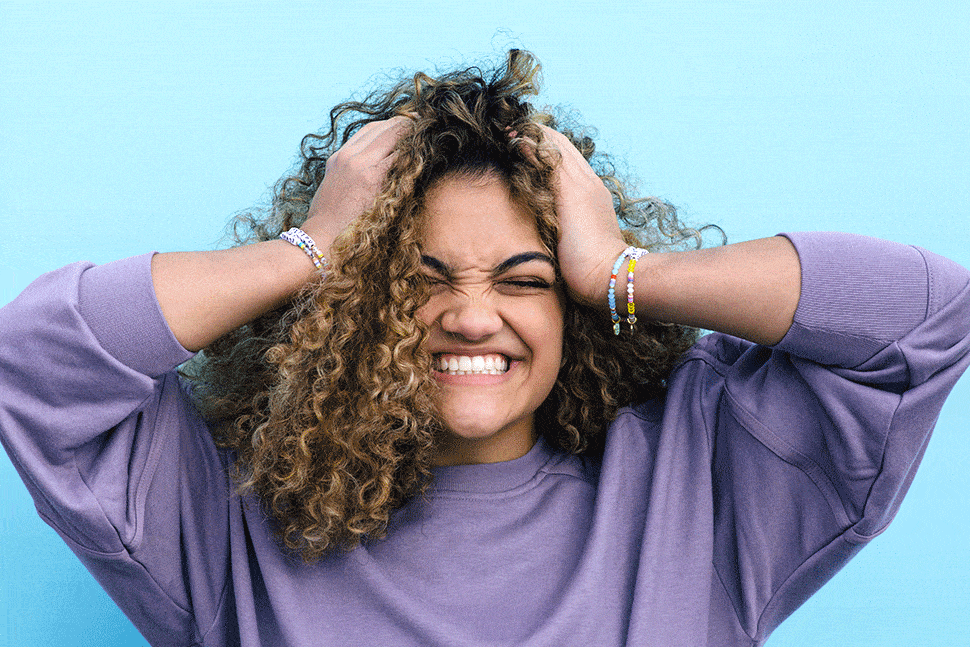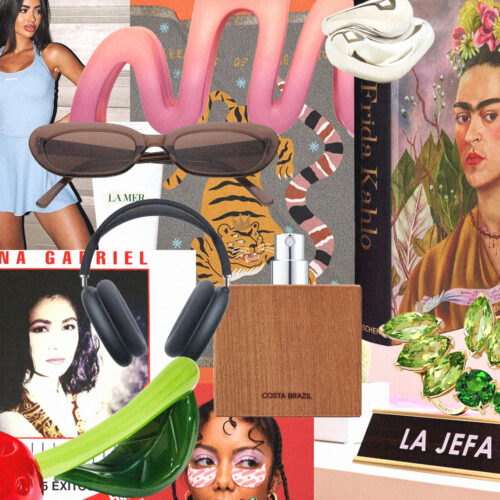Laurie Hernandez is an all-star athlete and has been since she was a kid. At age 16, she became a two-time Olympic medalist in gymnastics for her performance with the U.S. team in the 2016 Rio Olympics. That same year, she became the youngest contestant to win the hit tv show “Dancing With the Stars.” Hernandez, now 21, is ready to take the performing skills she learned as a gymnast and apply them in a more academic setting: college.
“On the floor, I got to be a crowd pleaser and performer, so acting, entertainment and theater would make sense for me, I’m very excited about it,” Hernandez tells Latina. “I want to try all of them and see which one feels right.”
View this post on Instagram
Alongside college applications, Hernandez has also spent her summer focused on the 2021 Olympics in Tokyo — not as a gymnast, due to an injury earlier this year, but as a commentator with NBC.
“Knowing what it feels like to be on the other side of interviews, I feel like there’ll be a level of empathy there,” she says in regards to her new role. “I’m used to being the one competing.”
Hernandez is a vocal advocate for young women’s mental health and participation in sports. This year, she became a spokesperson for Always and Walmart’s #KeepHerPlaying campaign, which gives financial grants to organizations across the country to provide access and encouragement to puberty-aged girls in sports.
Latina spoke with Hernandez ahead of the Olympic games to chat about recent lessons she’s learned and advice for other aspiring Latino Olympic medalists. This interview has been edited for length and clarity.
View this post on Instagram
What’s a life or career lesson that you learned during the pandemic?
Don’t waste time on things that don’t make you happy. If an outcome will make me happy, but the journey stinks a little bit, I will stick it out as long as I can. Even though I was given all the time in the world during the pandemic, it taught me that time is short and time flies. Actively go after the things that you love — and if you don’t love it, it doesn’t matter how much time you’ve spent on something. If you realize that you don’t love it, it’s okay to change things. You only got one life, so go for it champ.
How do you incorporate discussing mental health as part of your own life and career?
At first, I was nervous to speak about mental health to the press because it was so stigmatized. As soon as I started doing it, I couldn’t stop because it felt right. I remember being younger and looking for other people to talk about mental health. As soon as I got the opportunity to start talking about my own mental health, I was open about my journey with depression, being anxious and having Complex Post-Traumatic Stress Disorder (CPTSD.) It lets people know, this is not normal, but it is common. I hope it makes people feel less alone.
View this post on Instagram
What’s your advice for other Latinos who want to be future Olympic medal winning athletes?
At some point, things are going to get hard. Any Olympian or any professional athlete that tells you that they’ve never wanted to quit before is completely lying. It’s something that we all talk about together. [It’s common to want to quit when times get tough.] But [quitting] doesn’t get you out of hard times, it just removes you from the environment that you’re in. If that’s where you need to leave, then that’s where you need to leave. But if you’re quitting because it’s hard, it’s not going to take away the underlying reason of why you want to stop. Know that hanging in there will teach you a lot about your character. Then you can look at other life instances and go,”I remember this one day at practice. It was awful, I hated it. I wanted to quit, but I hung in there. So if I can do that, then that means I can definitely get through this.”









